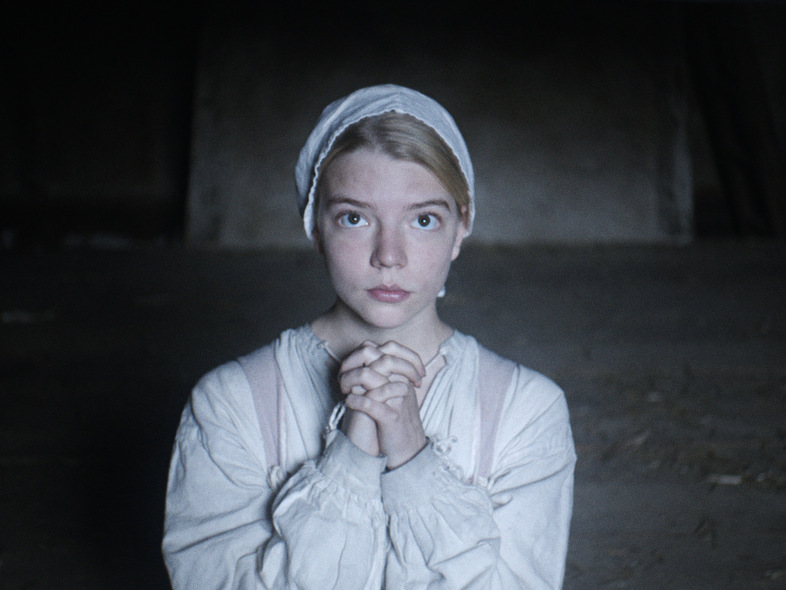Earlier this year we saw the release of The Witch, a film set in pre-Revolutionary Puritan New England where the patriarch of a family chooses to follow his own views on religion, righteousness and salvation rather than the community’s and earns banishment to the wilderness for him and his young family. In isolation the various family members wrestle with the relationship of their individual wills with that of the exteriorized Deity worshipped in Puritan society as well with each other’s especially the family head, William. The thoughtcatalogue.com recently an evaluation of these issues and their resolution in terms of the eldest child of the family Thomasin. The author sees the turning point of the Thomasin’s narrative in this prayer:
“’I here confess I’ve lived in sin. I’ve been idle of my work, disobedient of my parents, neglectful of my prayer. I have, in secret, played upon thy Sabbath, and broken every one of thy commandments in thoughts. Followed the desires of mine own will, and not the Holy Spirit. I know I deserve all shame and misery in this life, and everlasting hellfire. But I beg thee, for the sake of thy Son, forgive me, show me mercy, show me thy light.’
“That’s it. That’s the magic moment. That’s where it all gets set in motion.
“What, you don’t get it? It took me a minute, too. So I’ll spell it out for you:
“By doing this, Thomasin has made herself a target for Satan. In her desperation to be saved, she has actually damned herself.”
Read the entire piece here: http://thoughtcatalog.com/m-j-pack/2016/06/this-terrifying-theory-will-change-everything-you-thought-you-knew-about-the-witch/
As Thelemites being that deity is interior as well as exterior, one might consider its same for the opposite principle sometimes called “Lord of This World.” Hmmm!
Thanks to Sister Amy for the suggestion!


